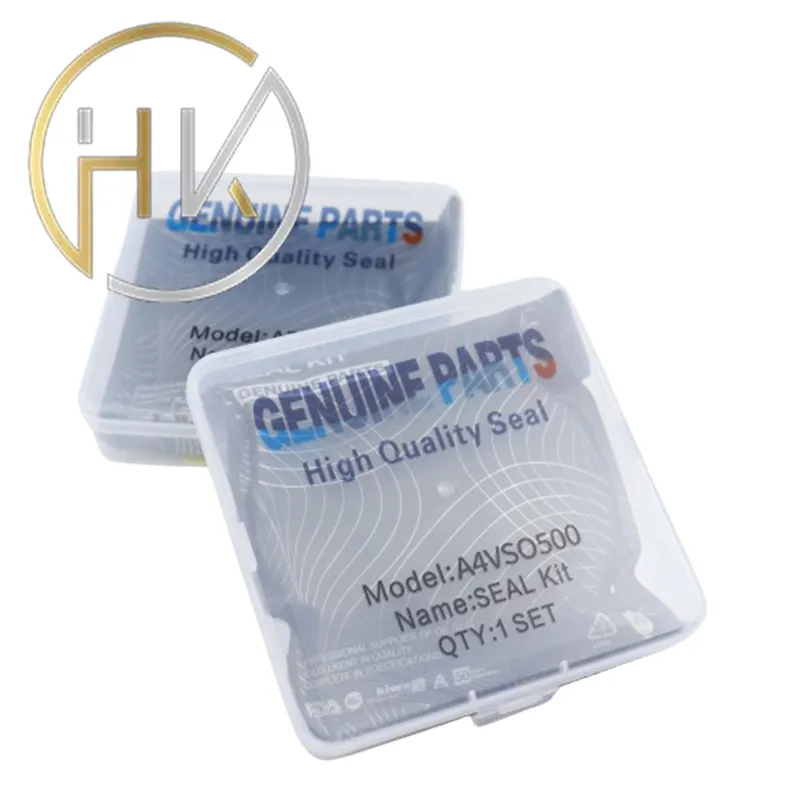Aug . 01, 2024 03:28 Back to list
Exploring the Importance and Functionality of Cylinder Oil Seals in Engine Performance
Understanding Cylinder Oil Seals Their Importance and Functionality
Cylinder oil seals play a crucial role in the performance and longevity of various machinery and automotive components. These vital components are predominantly used in vehicles and industrial equipment to prevent the leakage of oil, gases, and other fluids, thereby ensuring efficient operation and minimizing wear and tear. This article delves into the significance, design, and maintenance of cylinder oil seals.
What is a Cylinder Oil Seal?
A cylinder oil seal, commonly referred to as a crankshaft or valve seal, is a type of mechanical seal that fits around a rotating shaft to stop fluid from escaping. Typically made from rubber, silicone, or other elastomeric materials, these seals are designed to withstand extreme temperatures and pressures. Their placement is strategic, often around parts that experience significant movement, such as the crankshaft, camshaft, or piston rods.
The Importance of Cylinder Oil Seals
1. Preventing Fluid Leakage The primary function of cylinder oil seals is to prevent the loss of oil or other fluids from the engine or system. Fluid leakage can lead to significant operational issues, including reduced lubrication, which can accelerate wear on vital engine components.
2. Enhancing Performance By containing the necessary lubricants within the system, oil seals help maintain optimal performance levels. This is crucial in applications where precision and efficiency are paramount, such as in automotive engines and hydraulic systems.
3. Extending Component Life Effective sealing helps reduce the risk of contaminants entering the oil system, which can lead to corrosion and degradation. By keeping the internal environment clean and well-lubricated, cylinder oil seals contribute to extending the life of the components they protect.
4. Environmental Protection Properly functioning oil seals minimize the risk of environmental contamination caused by leaking oils or fluids. This adherence to environmental standards is increasingly important in industrial operations and transportation.
Design and Material Considerations
cylinder oil seal

The design of cylinder oil seals is a critical aspect that impacts their effectiveness. They come in various shapes and sizes, tailored to fit specific applications. The geometry of the sealing lip, for instance, is designed to create a dynamic seal between the rotating shaft and the stationary housing.
Materials used for manufacturing oil seals are chosen based on the application requirements. Common materials include
- Nitrile Rubber (NBR) Excellent for oil resistance and wear properties, making it suitable for most automotive applications. - Fluoroelastomer (FKM) Ideal for high-temperature applications, resistant to aggressive fluids, commonly used in industrial settings. - Silicone Known for its flexibility and temperature resilience, it's often used in applications that require a broader temperature range.
The compatibility of the seal material with the operating environment is essential to avoid premature failure.
Maintenance and Replacement
To ensure the longevity and efficiency of cylinder oil seals, regular maintenance checks are recommended. During these inspections, look for signs of wear, cracks, or deformation. If oil leaks are detected around the seals, it is crucial to address the issue promptly, as ignoring it could lead to more severe damage.
Replacing a worn or damaged oil seal generally involves disassembling the components it protects. While it can be a manageable task for experienced DIY enthusiasts, consulting a professional mechanic is advised to ensure proper installation and compatibility.
Conclusion
Cylinder oil seals serve an indispensable role in ensuring the efficiency and reliability of various engines and machinery. Their ability to prevent leaks, enhance performance, and protect environmental integrity cannot be overstated. Understanding their function, design, and maintenance is vital for anyone involved in automotive or industrial settings, ultimately contributing to improved performance and reduced operational costs. Regular checks and timely replacements can extend the life of these crucial components, ensuring they continue to perform their essential function effectively.
-
TCN Oil Seal Metal Ring Reinforcement for Heavy Machinery
NewsJul.25,2025
-
Rotary Lip Seal Spring-Loaded Design for High-Speed Applications
NewsJul.25,2025
-
Hydraulic Cylinder Seals Polyurethane Material for High-Impact Jobs
NewsJul.25,2025
-
High Pressure Oil Seal Polyurethane Coating Wear Resistance
NewsJul.25,2025
-
Dust Proof Seal Double Lip Design for Construction Equipment
NewsJul.25,2025
-
Hub Seal Polyurethane Wear Resistance in Agricultural Vehicles
NewsJul.25,2025
-
The Trans-formative Journey of Wheel Hub Oil Seals
NewsJun.06,2025
Products categories
















